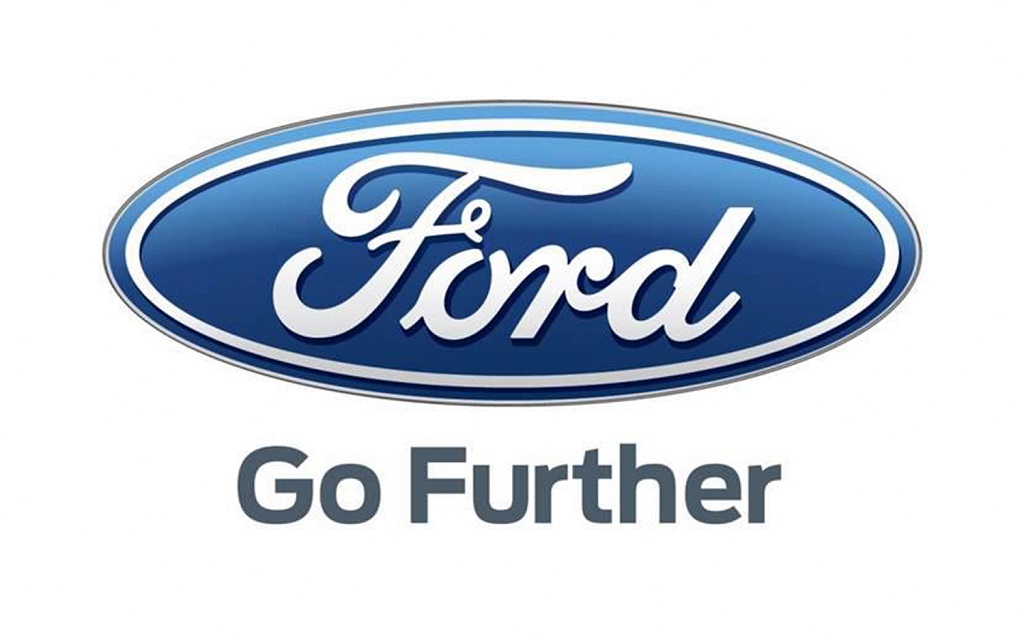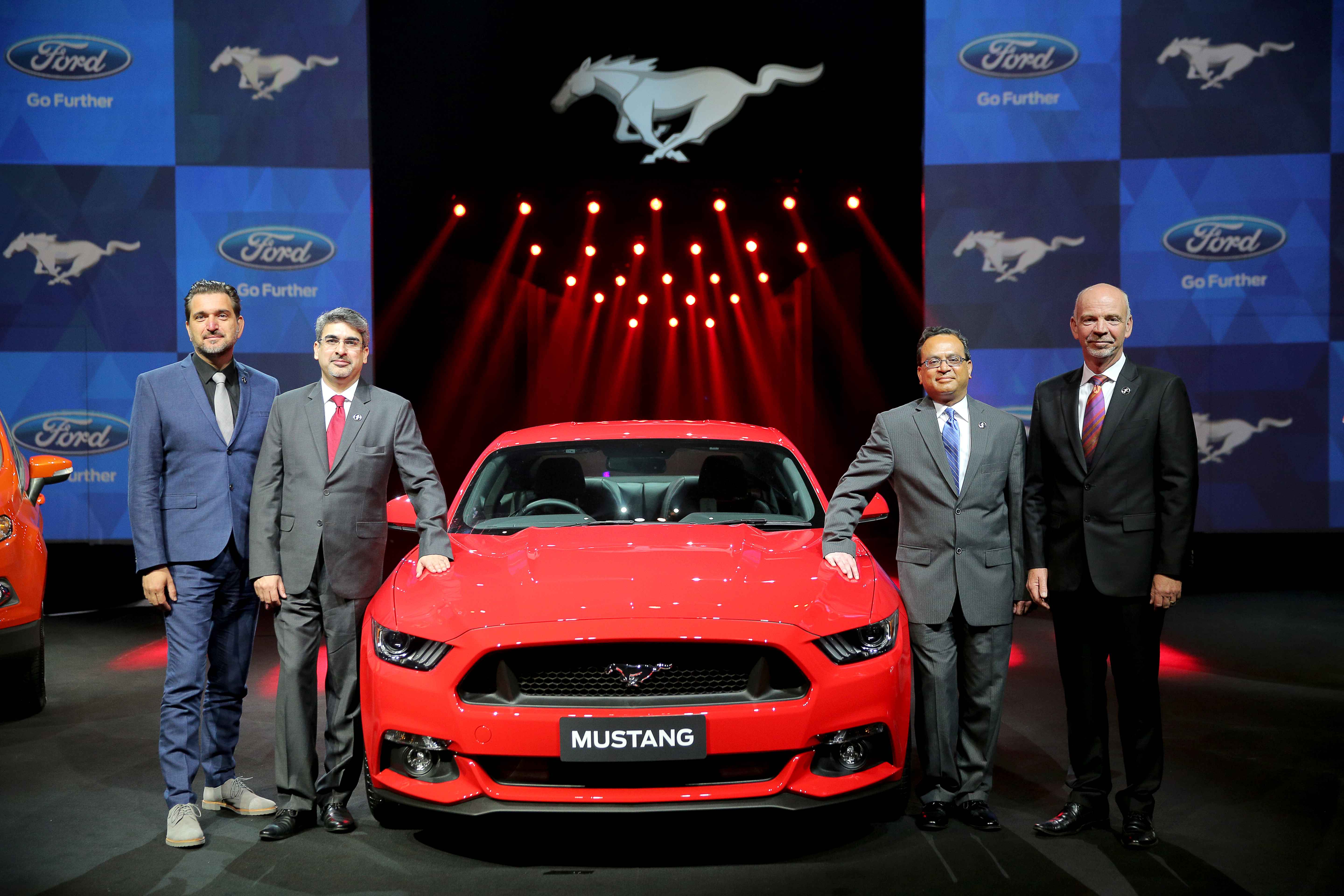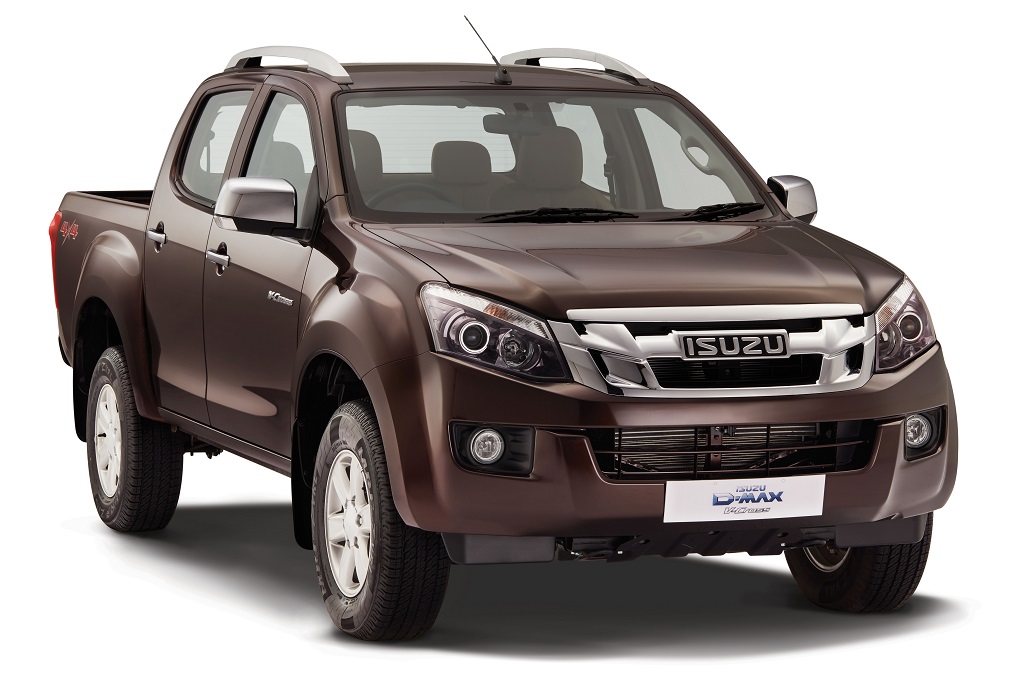- Ford’s Smart Mobility Panda Dynamic Shuttle experiment aims to make shuttle bus services more efficient with a flexible scheduling tool to optimize the routes and schedules of a fleet of Ford Transits in Dalian, China
- Research findings from a car-sharing experiment in India highlights the importance of value for money and scheduling flexibility in new models of car-sharing
- Four new AppLink partnerships – including three in China, and one for drivers in Thailand – adds to portfolio of compatible apps that drivers can easily control with voice controls via the SYNC system
Today at Mobile World Congress (MWC) Shanghai, visitors will experience first-hand the continuing intersection of automobiles and technology, with announcements from Ford around innovations to deliver mobility solutions to people all over the world.
The news at MWC Shanghai builds on announcements of two Ford Smart Mobility projects in China that aim to alleviate the stress of parking in cities: the Ding Ding Parking Space Lock experiment which uses SYNC to give Ford drivers exclusive hands-free control over parking spaces, and the Employee Smart Parking experiment conducted with Ford employees in Shanghai to make parking near the office easier and more convenient.
Ford also announced four new AppLink partnerships – three in China, and one for drivers in Thailand – in order to bring consumers’ favorite apps behind the wheel with SYNC voice commands, and revealed its findings from a car-sharing experiment in Bangalore, India.
Bangalore car-sharing experiment
Ford launched a Ford Smart Mobility experiment in Bangalore, India, last year to explore a car-sharing concept focused on close-knit communities like families, co-workers and neighbors. Working with India’s leading car-sharing company Zoomcar, Ford tailored an experiment to learn about the mobility needs of consumers who wanted to experience the benefits of car ownership by sharing a single vehicle among multiple drivers.
The experiment provided Ford with significant insight on consumers’ views on car-sharing. Among the findings are consumer’s views that car-sharing offers great value for money but they were less enthusiastic about having to schedule use of a car in advance.
Participants were positive about the program’s flexibility compared with public transportation, and the democratizing nature of the experiment: It provided access to otherwise hard-to-attain vehicles, and helped give participants the experience of private car ownership.
Panda Dynamic Shuttle in Dalian, China
Together with Panda Shuttle, an established shuttle bus company in Dalian, China, and Tsinghua University, Ford developed a scheduling tool to provide more flexible and effective transport services during periods of high and low demand. The Panda Dynamic Shuttle project employs an algorithm in Panda Shuttle’s mobile app to enable the company to more dynamically schedule the stops and routes of a fleet of Ford Transit shuttle buses.
The Panda Dynamic Shuttle offers services for three different conditions: During rush hours when demand is at its peak, throughout the mid-day lull when demand is lower and late at night when public transportation is limited.
During peak hours, the shuttles run on a fixed route similar to a traditional bus, but with a few key differences. Users can book seats on the shuttle buses in advance, specifying where they will get on and off, which enables the buses to only stop when necessary. Like regular public buses, the Ford Transits are permitted to use lanes reserved for Dalian’s Bus Rapid Transit (BRT) system and any of the city’s 20 bus-only lanes. But because the shuttles only make an average of six or seven stops per trip – compared to 13 stops for regular buses – and because the shuttles choose routes based on user requests, they can complete a circuit 35 percent faster than a public bus.
During off-peak hours between the morning and evening commutes, the service operates in two key areas without a fixed route, and bases its movement on bookings in the app, similar to a ride-hailing service. In the evening, after Dalian’s public transportation has shut down for the night, the Panda Bus Dynamic Shuttle continues to operate. The Ford Transit shuttles run similar routes to standard daytime bus services, but with flexible stops depending on customer needs. At all times of the day, the app also displays the real-time locations of the shuttle buses, a key piece of information for travelers, particularly late at night or for those in a rush.
“A key goal of this experiment is to see how we can use existing resources more efficiently,” said John Larsen, director, Ford Smart Mobility, Ford Asia Pacific. “We’re learning that by offering different models of service at different times, based on the amount of people looking for a ride and their location, we’re able to deliver a more effective transportation service.”
New SYNC AppLink partners for China, Thailand
With SYNC AppLink, Ford drivers can control compatible smartphone apps with voice controls, enabling a unique, personalized experience in the car. At MWC Shanghai, Ford announced four new partnerships to bring consumers’ favorite apps safely behind the wheel.
For drivers in China:
- Umetrip: An air travel companion app, Umetrip tracks users’ flight schedules and displays real-time flight information accessible via voice or on the in-vehicle display. This includes delays, cancelations, weather changes, and departure and arrival times. Outside of the vehicle, the app supports virtual check-in and doubles as a boarding pass.
- RoyalFlush: An investment and wealth management app that can display real-time stock, fund, bond, commodity and foreign exchange prices. It can also provide market news updates via voice inside the vehicle. When a customer is away from his vehicle, the app provides algorithmic return-on-investment forecasts, and supports automated buying and selling.
- Kaichewenwen (Android) / Chumenwenwen (iOS): A voice-controlled, Chinese-language virtual assistant that integrates location-based services, GPS navigation, flight, rail and hotel bookings, job and housing listings, event and movie ticketing, weather, social sharing, and more. Inside the vehicle, customers can ask for music, navigation to an address or point of interest, weather information, and more with natural language recognition.
And for drivers in Thailand:
- Joox Music: The most popular music app in Thailand, with over 10 million users, Joox Music allows for streaming services and lets users download their favorite songs for offline listening.
“The work we’re doing in Dalian With Panda Shuttle, our new AppLink partnerships and our recent parking announcements all showcase a key element of Ford Smart Mobility worldwide: tailoring mobility solutions to the unique needs of consumers in cities all over the globe,” said Larsen. “Working with partners gives us local expertise and enables us to deliver more effective mobility solutions wherever they’re needed.”
Mobile World Congress Shanghai takes place from June 29 through July 1 at the Shanghai New International Exhibition Center.



